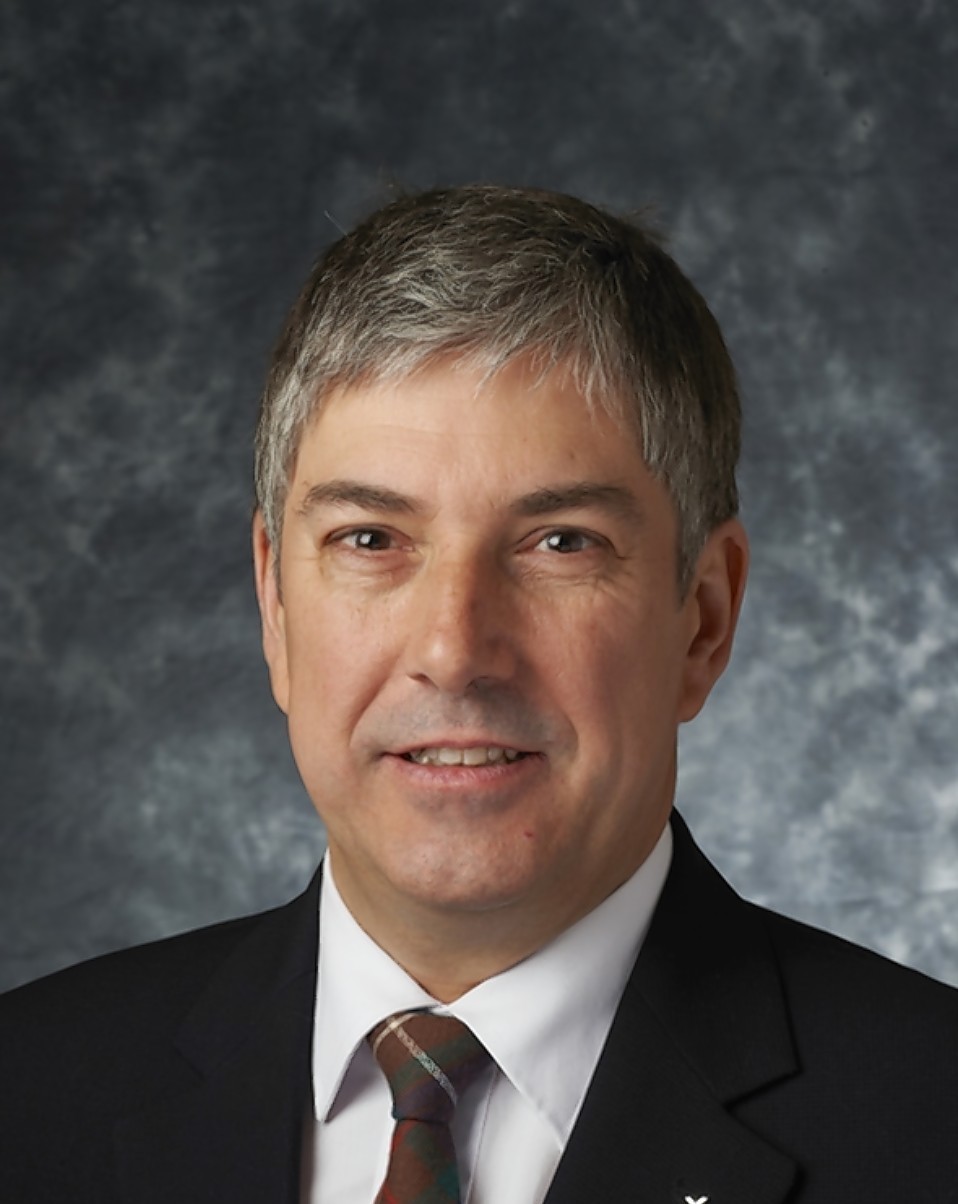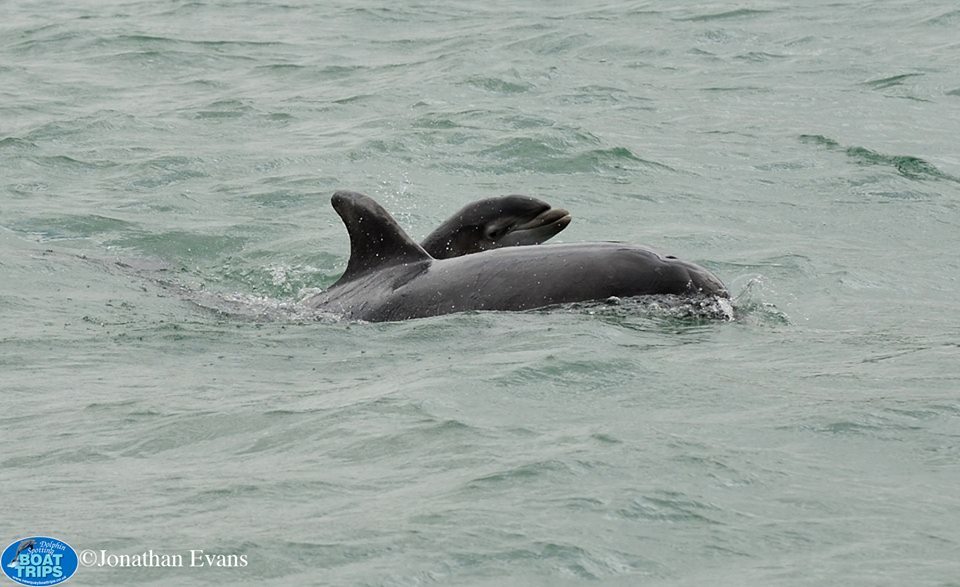Hundreds of people have signed a petition calling for the scrapping of plans to transfer millions of tonnes of crude oil a year between tankers in the Cromarty Firth.
Fears that a spill could endanger dolphins and other local wildlife have prompted more than 730 people to back an online campaign against the proposal in just a few days.
A public meeting has also been arranged in Cromarty for Wednesday next week amid local concerns.
Cromarty Firth Port Authority has applied to the Maritime and Coastguard Agency (MCA) to carry out the transfers while vessels are anchored at the mouth of the firth.
The maximum quantity proposed to be moved in a single operation is 180,000 tonnes, at a rate of about four transfers a month, and up to a total of 8.64 million tonnes per annum.
The body already has a licence for ship-to-ship transfers for vessels lying alongside the nearby Nigg Oil Terminal, and now wants to be able to extend the operations.
Black Isle councillor Craig Fraser said: “It’s a huge issue, particularly the way it has been handled from the start.
“Had the community been told by the port authority about what it was proposing, where they were proposing it, how it was going to work, and everybody engaged with communities in the Cromarty Firth and Moray Firth, then we might not be here.
“But in my personal opinion this process has not been transparent.
“We’re having a public meeting on January 27. There has been an invitation sent to the port authority, but my understanding is that it has been declined.”
Bob Buskie, chief executive of the Port of Cromarty Firth, said: “This application is an addition to the current licence, and is open to full consultation.
“We have extended the consultation period to give people the chance to respond and this now closes on the February 8.
“This type of ‘ship to ship’ operation has been carried out in the port for many years without incident.
“The Port of Cromarty Firth takes its environmental responsibilities extremely seriously.
“We would be happy to discuss concerns with interested parties and look forward to addressing these concerns as part of the consultation process.”

